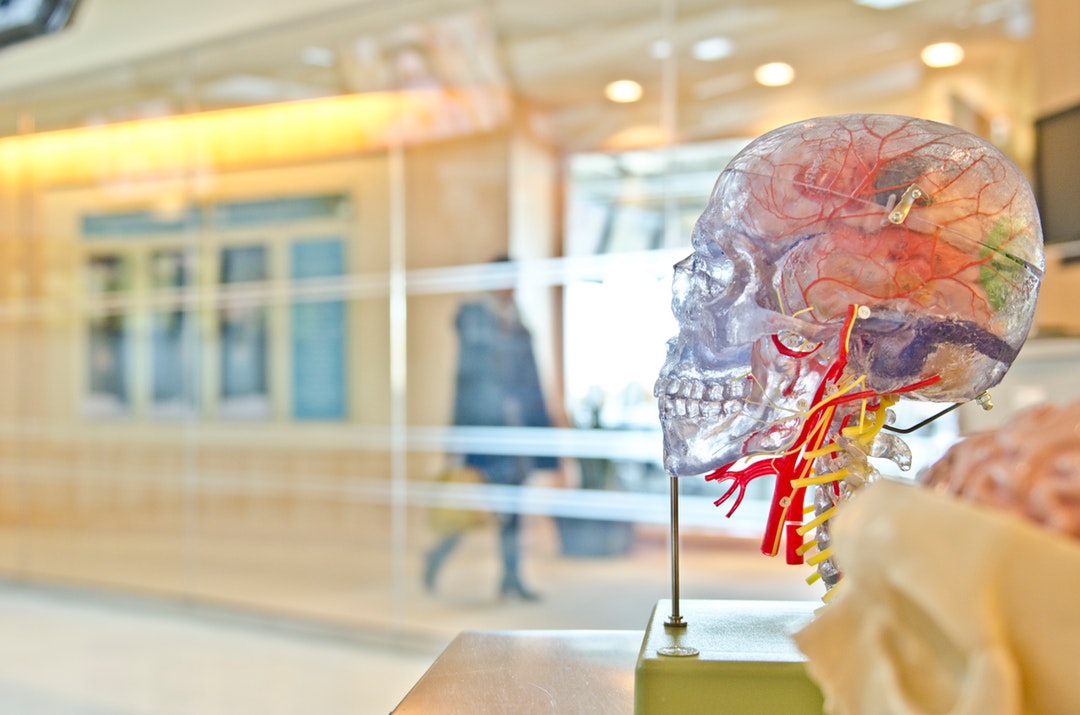Every year in the U.S., about 3.8 million people suffer through a concussion.
Concussions can happen when you get into an accident, fight, or sport’s injury. Since they’re so common, most people don’t think of them as life-threatening.
Although many people are familiar with the term, not everyone knows what to do after a concussion. In this article, we will walk you through the basics.
What is a Concussion?
A lot of people associate concussions with sports injuries. However, a concussion can happen to anyone.
Concussions are traumatic brain injuries (TBI), that can happen due to a blow, bump, or jolt to the head. Most TBIs happen when the blow causes the brain to move rapidly and shift back and forth.
The brain moves and shifts back and forth in the skull and as a result, it causes chemical changes in the brain. This can stretch and strain the brain cells and cause bruising, damaged blood vessels, and injure the nerves.
While most experts don’t consider concussions life-threatening, the effects of them can have serious consequences in the long run.

Concussions Warning Signs
Although concussions are common, sometimes they’re not as easy to diagnose. Unlike a visible cut or bruise, you can’t see concussions. It may take up to 48 hours for a concussion to show signs.
If you injured your head and think you might have a concussion, you should watch for these signs:
- Enlargement of the pupils or unequal in size
- Nausea and vomiting
- Behaviour that seems out of character
- Seizures
- Having trouble recognizing familiar faces
- Uncontrollable dizziness
- Headache that progresses over time
- Trouble with double or blurry vision
- A feeling of weakness or numbness in the extremities
- Fainting
- Slurred speech
- Difficulty falling and staying asleep
If you suspect you might have a concussion, you should seek medical attention as soon as possible.
What Steps to Take After a Concussion?
If you suffered from a concussion, your doctor might recommend some of the following in steps to speed recovery.
Become aware of any triggers. After a concussion, you will notice it’s difficult to perform certain activities. If any activity aggravates your symptoms, you have to identify it as a trigger.
You will recover a lot faster from a concussion if you identify and avoid your triggers.
For example, if exposure to bright lights aggravates your headaches, avoid direct exposure to bright light. It might be as easy as diming down the lights, closing the blinds, or wearing sunglasses.
Get enough sleep. When we’re injured, our bodies will begin the healing process while we sleep. If you’re not getting enough sleep after your concussion, you might be robbing your body of recovery time.
Ensure you get a good night sleep every night to speed up the recovery after your concussion.
If you feel tired after you return to your everyday activities, you should try to take short naps throughout the day as necessary.
Rest your brain. Sometimes it might feel because we’re resting our bodies like we’re also resting our brains, but this is not the case. When our brains get overstimulated, they have a hard time resting.
When you’re in the process of recovering from a concussion, it’s important you give your brain the rest it needs. Brain stimulation is excellent for your brain under normal circumstances, but when you need to recover from a concussion, you need to tone it down.
If you’re reading, studying, and focusing on one thing for a long period of time, you are overstimulating your brain. Since you can’t stop these activities completely, make sure you take plenty of breaks.
Don’t forget about your body. After a concussion, your body and your brain suffered trauma. As important as it is for your brain to get rest, your body needs it too.
If performing simple activities is troublesome after a concussion, take a step back and take a break. Don’t force your body into activities until it’s ready. Talk to your doctor about which activities you should stay away from.
Make the best decisions. If you play sports or live an active lifestyle, you might have the urge to return to it after a concussion. However, you should ease into these activities.
Picking up where you left off might not be the smartest thing for your brain.
What to Avoid in After a Concussion?
After a concussion, your doctor will recommend what things to avoid while you’re in the recovery process. Most people generally stay clear of the following:
Since physical activity tends to elevate the heart rate, it’s not recommended after a concussion. Excessive physical activity will worsen your symptoms.
It’s also important you don’t do things that will aggravate your brain. For example, playing video games, watching TV, texting, and reading. Listen to your body when you attempt to perform any of these activities.
If after 15 minutes of watching TV you get a headache, take a break and return after the symptoms subside.
Your doctor might also recommend you stay clear of driving for a few days. Due to the concussion, your brain might take longer to react. Slower reaction times could increase your risk of accidents.
Although pain relievers might help lessen your symptoms, they can also increase your risk of bleeding. Ask your doctor about the recommended dosage.
Can You Prevent a Concussion?
Although it’s not always easy to prevent a concussion, taking a few steps might help lower your chances.
If you participate in a sport, make sure you always wear protective gear. When you drive, always wear your seat belt and avoid driving under the influence.
Even when you take the necessary precautions, concussions can happen as the result of negligence. If your concussion was the result of the liability of another, you might be entitled to compensation. Talk to a brain injury attorney about what your options are.
What to Do After a Concussion: The Bottom Line
Now that you know what to do after a concussion, it will be easier for you to identify the signs.
Remember to go see your doctor if you suspect you’ve suffered a concussion.
If you enjoyed these health tips and would like to learn more, check out the health section of our blog.
